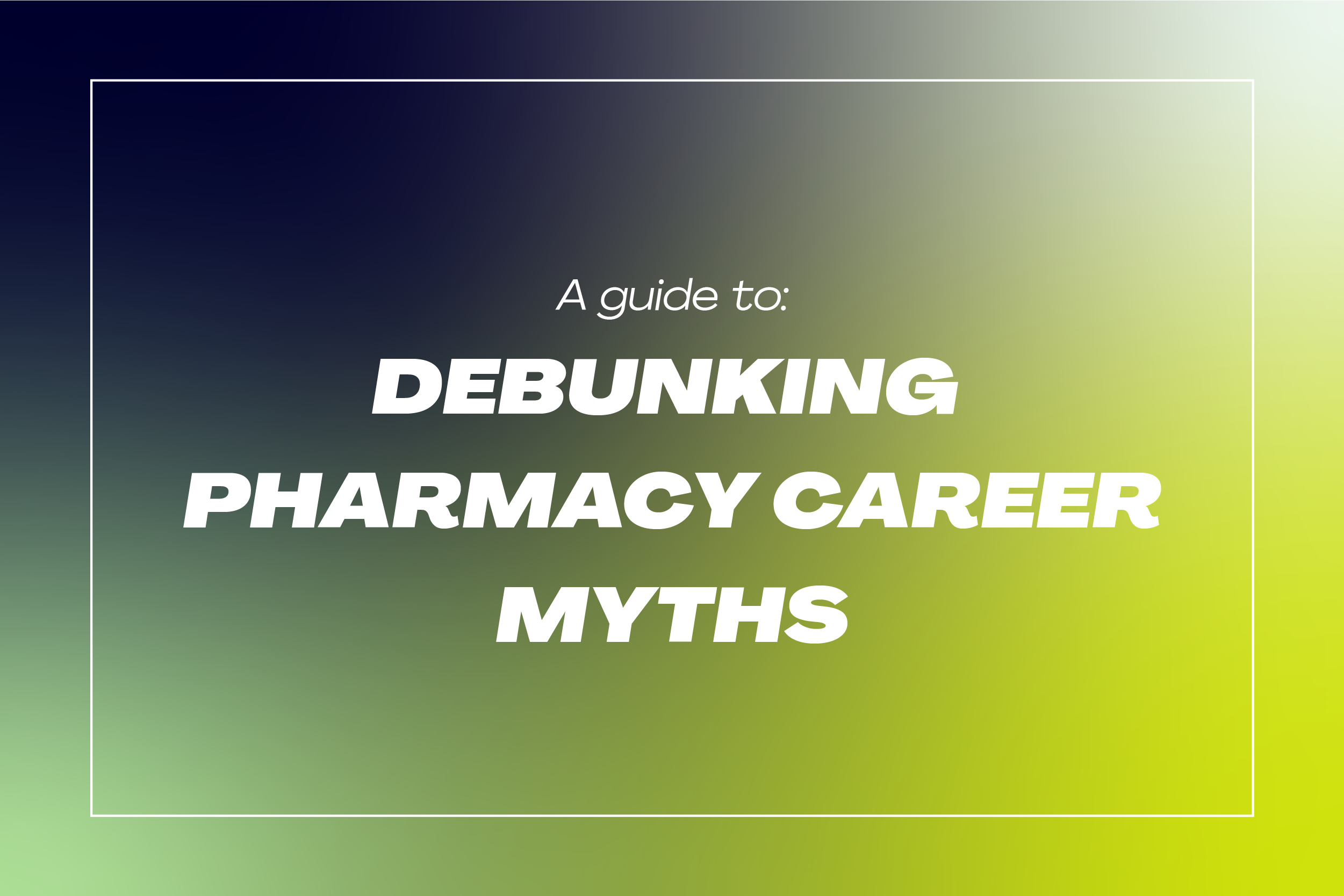Mental health is something we read more and more about in the news, which is fantastic! However, it still feels like somewhat of a taboo area.
Struggling with mental health is extremely common - in fact, one in four people in the world will be affected by mental or neurological disorders at some point in their lives (World Health Organization). Mental health problems don’t just target certain people; they can affect anybody - a family member, a neighbour or even your favourite celebrity.
It’s important that people feel comfortable enough to step forward and ask for help, and understand when to seek it. Nobody should have to suffer in silence. Within the last couple of months, Prince Harry has stepped forward to admit that he had to seek professional help for his mental health. He says he “shut down all his emotions” for the best part of twenty years, following the death of his mother in 1997.
His brother, The Duke of Cambridge, has stated that he would like to see the end of our ‘stiff upper lip’ culture and that he and the Duchess of Cambridge would both like their children to “grow up feeling able to talk about their emotions and feelings”.
If the Royal Family is brave enough to admit to mental health issues, isn’t it time that we speak up too? How do we know when it’s the right time to get vocal?
When to Seek Help
If you find that you’re obsessing over certain things such as food, cleanliness and routines etc. to the point where other people are noticing, this could be a sign that you need to seek help. Other signs may include feeling overwhelmed on a regular basis by sadness, anger, irritability, fear, anxiety, helplessness, confusion or embarrassment.
It is normal to feel these emotions. However, if you have been struggling for a long period of time (months/years) and don’t feel better even when something good happens, or if these thoughts and feelings are having an impact on your daily life, this is when it is time to seek professional help.
Don’t be afraid or ashamed; there are people who can help you. This isn’t something that you have to share with everybody but try to find at least one trustworthy person you can confide in.
With the right support, you can take some of that stress and anxiety off of your shoulders.
Where to Find Help
The place to start is with your GP. Arrange an appointment with your doctor and speak to them honestly and openly about what you have been experiencing. Don’t feel embarrassed, it’s their job to listen and support you - they will not judge you in anyway.
If you are concerned that you will forget things when you walk into your appointment, write down what you want to say in advance. It’s also good to bring a friend or family member that you’re close with for extra support and to pick up on any things you may have missed.
Your doctor will then be able to decide if you need monitoring, a referral to see a specialist, or if they can prescribe you with appropriate medication.
Support and Information Resources
Mind (National Association for Mental Health): 0300 123 3393
Samaritans Helpline: 116 123 (free of charge from a landline or mobile)
SupportLine Telephone: 01708 765200 (Helpline)
email [email protected]
Men's Health Forum
YoungMinds: Parents' helpline: 0808 802 5544
Website: www.youngminds.org.uk
Rethink Mental Illness: 0300 5000 927
Website: www.rethink.org










